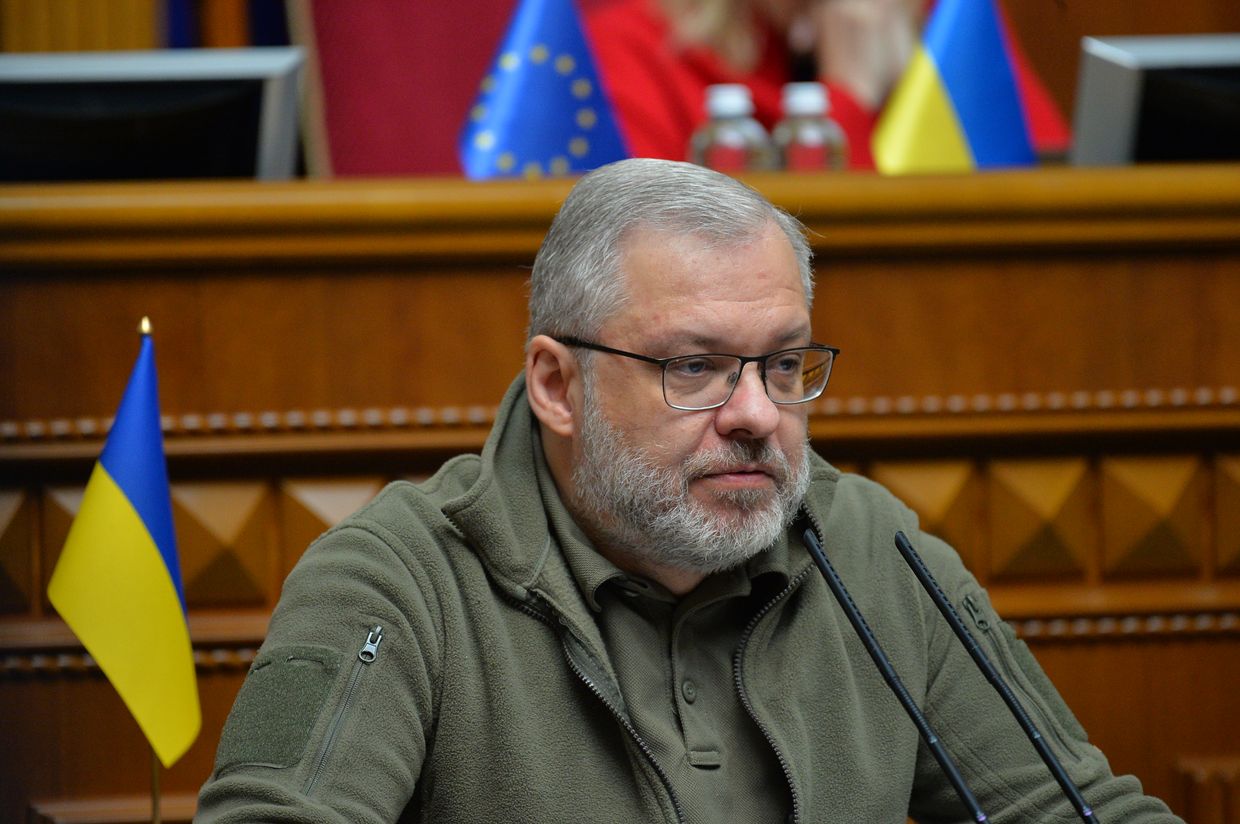No sign Russia is preparing to restart Zaporizhzhia nuclear plant, Reuters reports

There is currently no indication that Russia is preparing to restart operations at the occupied Zaporizhzhia Nuclear Power Plant in Ukraine, an official from the International Atomic Energy Agency (IAEA) said on May 29, despite concerns over recent reports of new Russian infrastructure around the facility, Reuters reported.
"Our teams continue to confirm there is no indication at the moment that there will be any active preparations for a restart of the plant now," an IAEA official told Reuters, speaking on condition of anonymity.
The comment follows Ukraine's protest to the IAEA over what it called an illegal Russian attempt to connect the facility to its own energy grid. Yurii Vitrenko, Ukraine's ambassador to the IAEA, said any such move would be a gross violation of international law and Ukrainian sovereignty.
Satellite imagery reviewed in a recent Greenpeace report and cited by the New York Times shows Russia has constructed more than 80 kilometers (49 miles) of high-voltage lines between the occupied cities of Mariupol and Berdiansk since February.
The group said this may be an effort to link the Zaporizhzhia plant to a substation near Mariupol, signaling potential plans to restart the facility and fully integrate it into Russia’s grid.
The Zaporizhzhia plant, located in the Russian-occupied city of Enerhodar, is Europe's largest nuclear facility and has been under Russian control since March 2022. All six of its reactors remain shut down as the war continues, and the site has faced repeated power outages and safety threats due to nearby shelling.
Restarting any of the reactors would require a stable supply of water and external power. The plant lost access to its main cooling source, the Kakhovka reservoir, when the dam was blown up by the Russian forces in June 2023. Wells now supply enough water for cooling during cold shutdown, but not for full operations.
"The plant lost its main source of cooling water, so the whole system cannot work as it was originally designed," the IAEA official said. "The consumption of water is orders of magnitude higher (when the plant is operating) compared to cold shutdown. We don't see any easy, quick fix for it."
In March, IAEA Director General Rafael Grossi told Reuters that restarting the facility could be feasible within months of a lasting ceasefire — something that remains elusive. Meanwhile, Ukraine and Russia are expected to meet in Istanbul for renewed peace talks on June 2.
Previously, the U.S. has reportedly proposed that control over the plant be returned to Ukraine before transferring its management to the U.S. to supply electricity to areas under both Ukrainian and Russian control. Moscow immediately rejected the suggestion, claiming it was in "very good hands" under Russian control.












